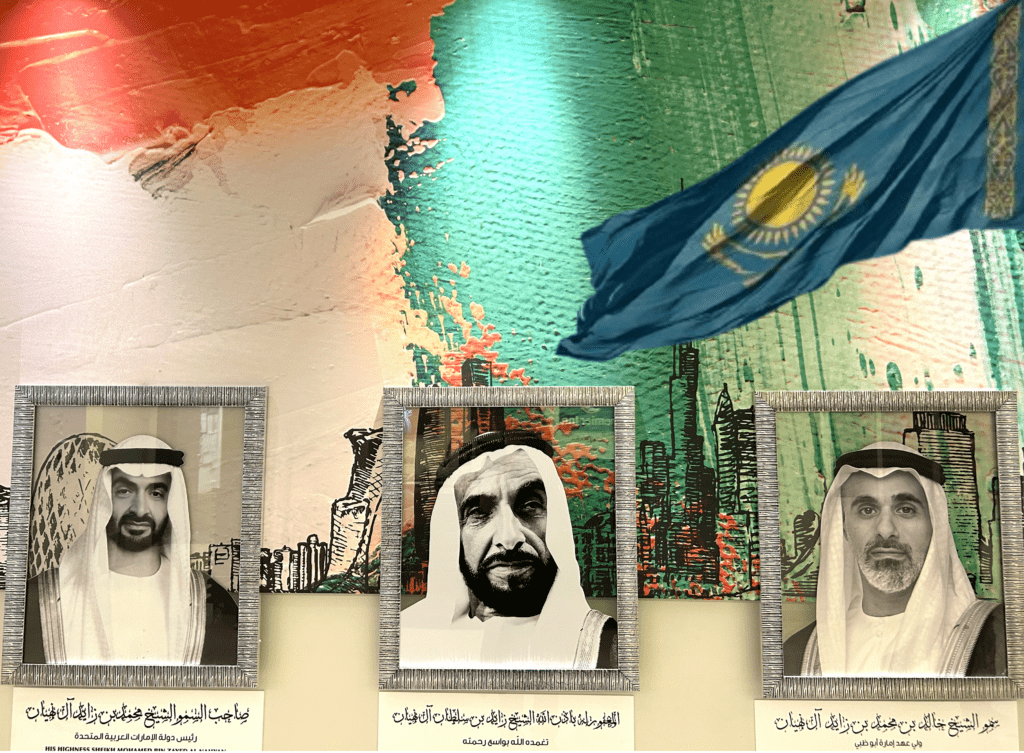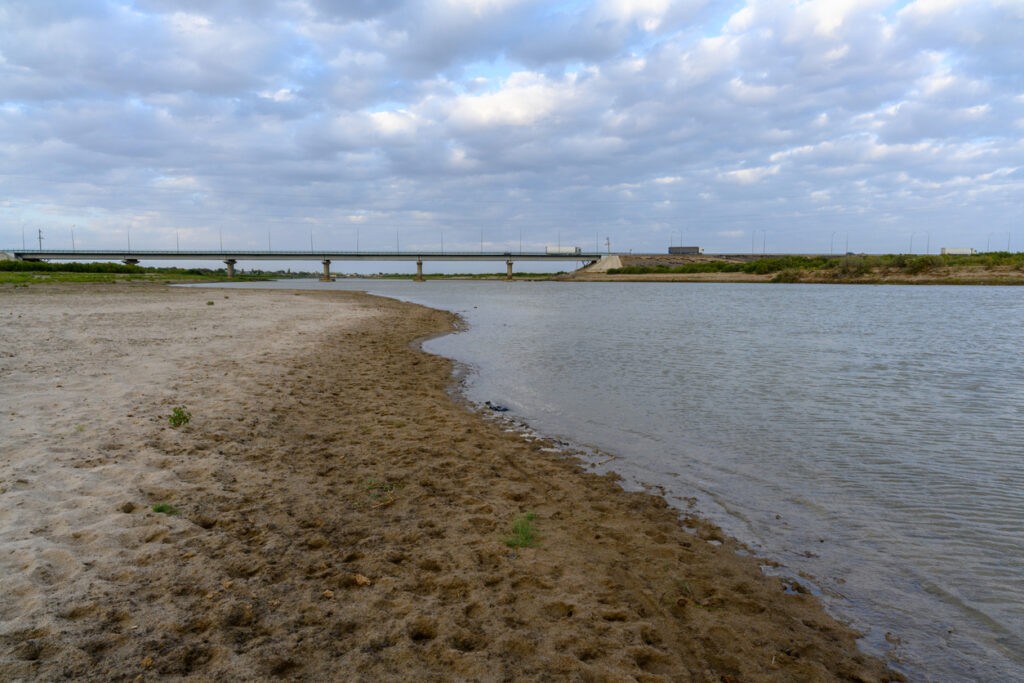Uzbekistan to Supply 16 Billion Cubic Meters of Water to Kazakhstan by October 2025
Uzbekistan has agreed to supply 16 billion cubic meters of water to Kazakhstan by October 1, 2025, according to Kazakhstan’s Ministry of Water Resources and Irrigation. This agreement was reached during the 12th meeting of the Joint Working Group on Bilateral Water Cooperation, attended by Kazakhstan’s Minister of Water Resources and Irrigation, Nurzhan Nurzhigitov, and Uzbekistan’s Minister of Water Resources, Shavkat Khamrayev. In the previous water-sharing period (October 2023 - October 2024), Kazakhstan received 15 billion cubic meters of water. This year, the allocation will increase by 1 billion cubic meters. Uzbekistan has also pledged to ensure a stable water supply through the Dostyk Canal during the 2025 irrigation season. Additionally, both countries have agreed to carry out joint repairs on interstate canals to improve water access for farmers in Kazakhstan’s Turkestan region and Uzbekistan’s Jizzakh region. A key topic of discussion was the automation of water metering in the Syr Darya River. Kazakhstan and Uzbekistan have identified 10 monitoring points (five in each country) where automated water tracking systems will be installed. The technical specifications for a feasibility study have been approved. Kazakhstan’s Minister of Water Resources and Irrigation announced that a follow-up meeting with international organizations is planned for February to discuss further implementation steps. As The Times of Central Asia previously reported, Kazakhstan is set to receive 11 billion cubic meters of irrigation water by April 2025 under a regional agreement reached in Dushanbe. The deal was signed at a meeting of Central Asian water officials from Kazakhstan, Uzbekistan, Tajikistan, and Turkmenistan. The water will flow into the Shardara Reservoir in Kazakhstan’s Turkestan region via the Syr Darya River. Of this amount, 1.6 billion cubic meters will be allocated to the Aral Sea to help support its ecosystem.






